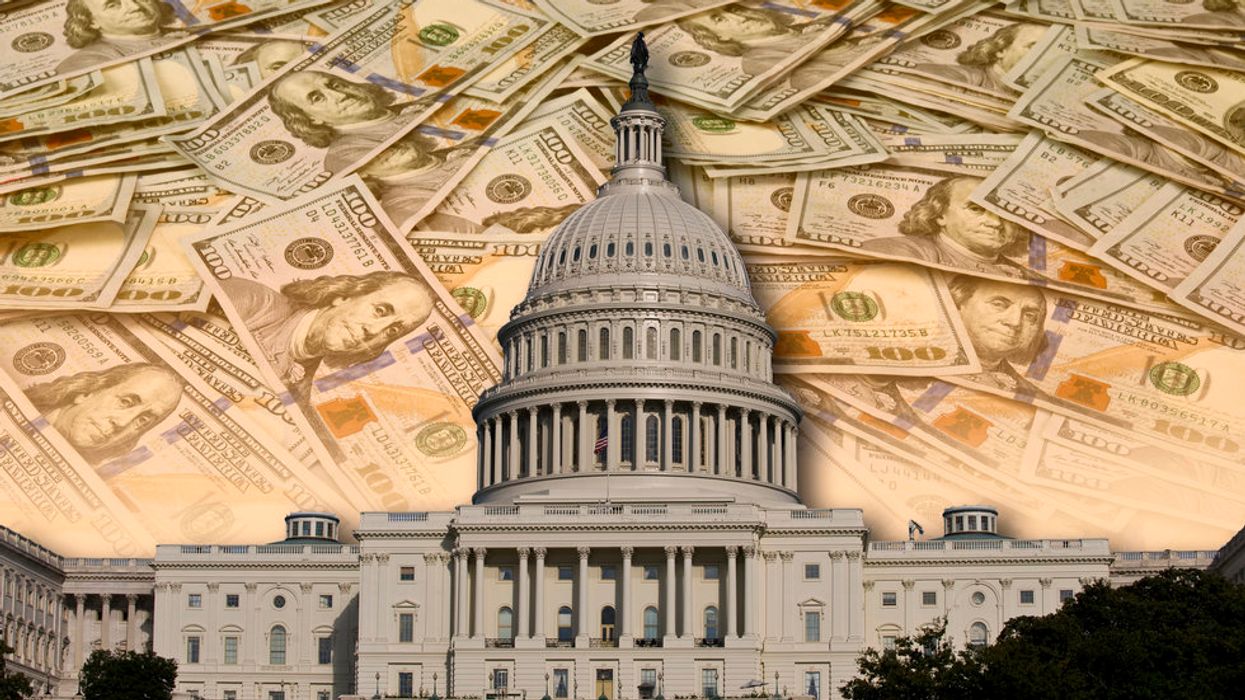As a lifelong marketer and Consumer Behavior professor, it’s interesting to observe how people’s opinions change as details of an issue become more apparent. Behavioral change – once information and knowledge increase – is common among people who are open-minded, educated, and critical thinkers.
For example, a YouGov/Economist poll noted that when President Donald Trump’s “Big Beautiful Bill” was announced, only 43 percent of Americans opposed the 2025 budget package. Less than two weeks after the House passed the 1,116-page bill and citizens learned more about its contents, the disapproval rating increased to 55 percent.
Even Elon Musk, Trump’s top presidential campaign financier and MAGA loyalist, slammed Trump’s tax and domestic policy bill in a June 3 post on his social media platform X by stating, “This massive, outrageous, pork-filled Congressional spending bill is a disgusting abomination.” You might like to know that 84 percent of conservative Republicans hold a favorable view of Elon Musk (Pew Research Center) and 219.9 million Americans follow Musk’s X/Twitter account.
Besides the megabill projecting to increase America’s budget deficit by $2.4 trillion, citizens’ top 10 concerns are noted below. The most disconcerting aspect of the omnibus bill is listed last, as it undermines the checks and balances system that ensures separation of powers between the legislative, executive, and judicial branches Americans have revered for the past 250 years.
1) Medicaid: At least $600 billion will be cut from Medicaid, which will strip health care coverage from an estimated 10-15 million low-income Americans and close down over 300 rural hospitals (CHOPR).
2) Taxes: The measure has a reverse-Robin Hood scenario that extends and expands tax breaks for the wealthiest Americans, while lower-income earners would see reduced benefits or a net income loss; the estimated cost is around $3.8-$4.3 trillion during the 2025-2034 time period.
3) SNAP: Spending on SNAP, America’s food assistance program for low-income earners and the disabled, will be slashed by $267 billion, affecting the food security of 7.4 million people (Center on Budget and Policy).
4) Estate Taxes: The estate tax exemption would be raised and indexed for inflation, allowing wealthy families to pass on up to $30 million tax-free to their heirs, resulting in $200 billion in lost revenue to the U.S. Treasury.
5) Clean Energy: The elimination of tax incentives for solar, wind, and electric vehicles (~$561 billion) will affect approximately 250,000 Americans working in these sectors (CNBC).
6) Private Education: A new tax credit for donations to private school voucher programs expands federal support for private education. FYI: The majority of Americans, both Democrats and Republicans, support increasing funding for public schools over private school vouchers (Center for American Progress).
7) State and Local Tax (SALT): The tax deduction cap would be raised to $40,000, benefiting wealthier households in high-taxed states for $916 billion (Reuters).
8) Post-Secondary Education: Federal subsidized loans for college students will be eliminated and Pell Grant eligibility tightened, making post-secondary education less accessible for many, especially for students from low- and middle-income families (Atlanta Journal-Constitution).
9) Environment: The proposal expands leasing of public lands for drilling, mining, and logging and authorizes the sale of public lands, reversing environmental protections supported by the majority of Americans.
10) Judicial Oversight (Section 70302): This provision, described in a single paragraph buried about halfway through the act, restricts judges’ ability to enforce court orders and weakens judicial authority over the executive branch.
The impact on democracy of the 10th identified component of Trump’s legislation justifies further explanation. This provision restricts the ability of federal courts to enforce their rulings against the government and impose contempt of court citations. This is significant because this clause means Judges would have a much more difficult time holding Trump and his appointees, as well as future presidencies, in contempt for defying preliminary injunctions or temporary restraining orders, thereby severely impacting the rule of law.
Legal experts warn that this provision significantly undermines judicial authority and renders many existing and future court orders unenforceable. This stipulation undermines America’s checks and balances between the three branches of government, a cornerstone of the U.S. Constitution.
Congress’s parliamentarian may decide Section 70302 is not permitted in the bill since it does not have a financial component (referred to as the “Byrd rule”). However, the GOP-controlled Senate could overrule the parliamentarian’s decision.
Despite 55 percent of citizens being opposed to Trump’s megabill that carries a $2.4 trillion price tag and even though the House has passed the measure in its current form, it is imperative to contact your two Senators and Representative at the Capitol (202-224-3121) and at the very least request Section 70302, which refers to judicial oversight, be stricken.
Section 70302 alone in the measure says that democracy is in jeopardy for you, your children, and your grandchildren. If the bill passes with section 70302 intact, an authoritarian, totalitarian, and fascist-oriented America is almost assured in perpetuity.
Steve Corbin is a Professor Emeritus of Marketing, University of Northern Iowa, and a non-paid freelance opinion editor and guest columnist contributor to 246 news agencies and 48 social media platforms in 45 states.




















Trump & Hegseth gave Mark Kelly a huge 2028 gift